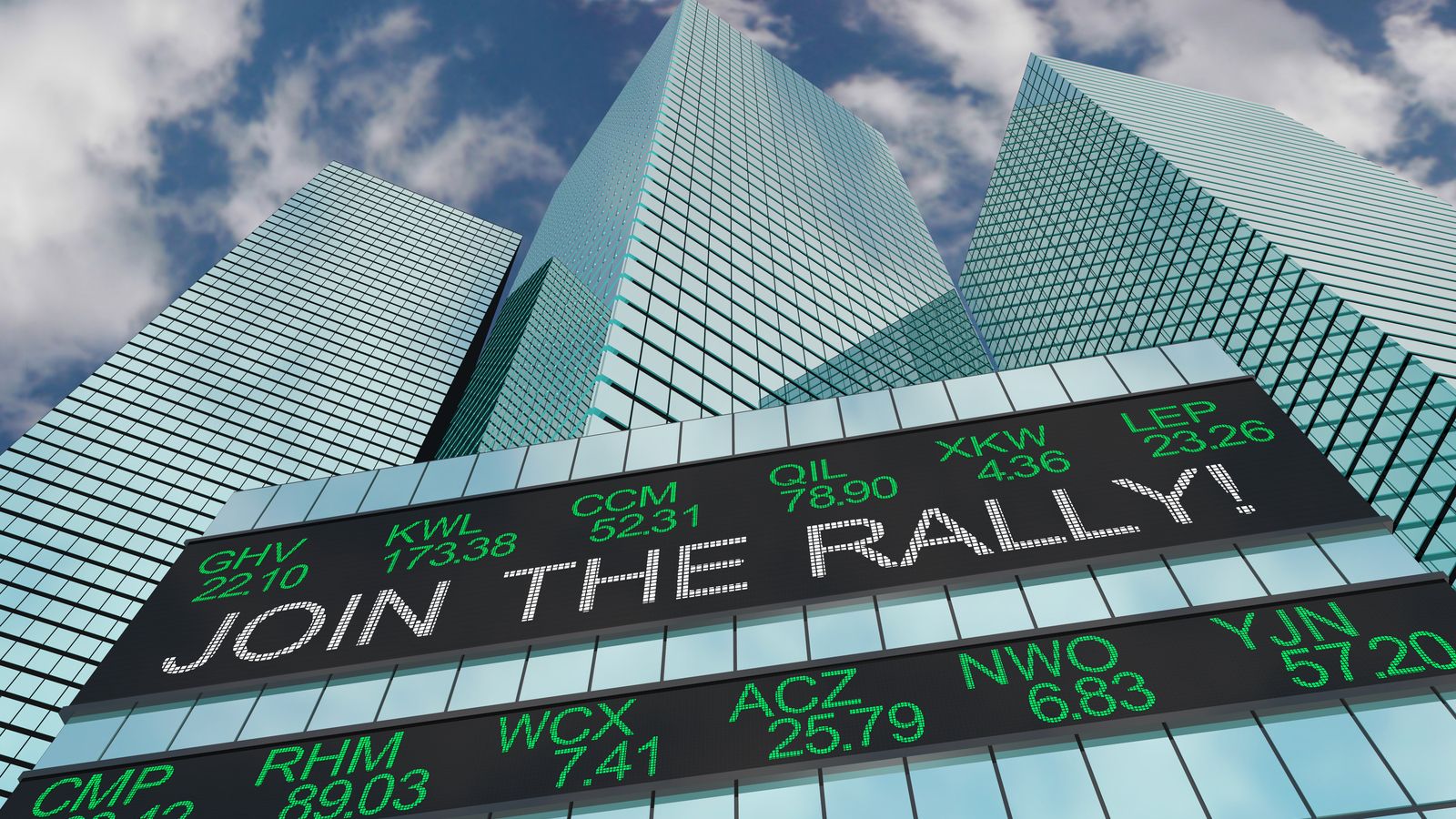The stock market's record-breaking run in 2023 seems like a distant memory as the top 1% of investors are increasingly offloading their shares. This shift in strategy by the ultra-wealthy raises questions about their confidence in the current market climate and potential economic headwinds.
While the reasons are multifaceted, a common thread emerges: a desire to lock in profits and prioritize wealth preservation over aggressive growth. The Federal Reserve's interest rate hikes, aimed at taming inflation, have cast a shadow of uncertainty over future stock valuations. Rising rates can make stocks less attractive compared to bonds and other fixed-income investments that offer guaranteed returns.
Furthermore, recent geopolitical tensions and potential disruptions to global supply chains are adding to the overall sense of unease. This risk aversion is prompting wealthy investors to diversify their portfolios and hold onto more cash, seen as a safer haven during turbulent times.
This trend aligns with data from the CNBC Millionaire Survey conducted in mid-2023. The survey found a significant increase in the percentage of high net worth families holding cash reserves. This shift suggests a broader risk-off sentiment among the affluent class.
Another factor influencing the top 1% could be a strategic rotation towards alternative asset classes. Private equity, venture capital, and real estate offer potentially higher returns but come with less liquidity compared to publicly traded stocks. These investments may be particularly appealing to the ultra-wealthy who have the resources to withstand longer lock-up periods.
The implications of this exodus from the stock market by the biggest players are yet to be fully understood. A sustained selloff by the top 1% could trigger a broader market correction, impacting investor confidence and potentially leading to a decline in stock prices.
However, it's important to note that the top 1% represent a small fraction of overall market participants. Retail investors, who have a growing presence in the market, may continue to invest, mitigating the impact of the wealthy's retreat.
Ultimately, the top 1%'s decision to sell stocks reflects their assessment of the current economic landscape. Their actions serve as a cautionary tale, highlighting potential risks in the market and prompting all investors to carefully evaluate their own investment strategies.

